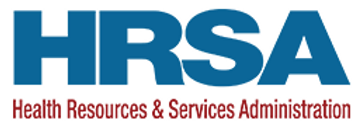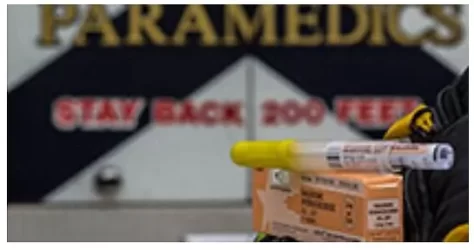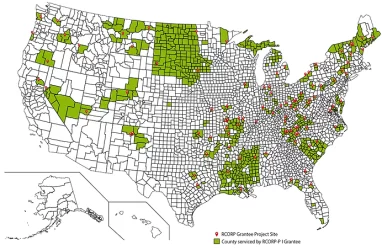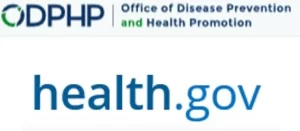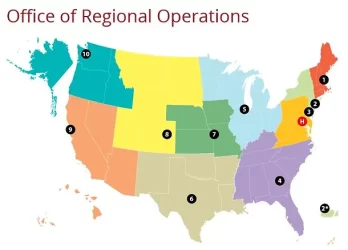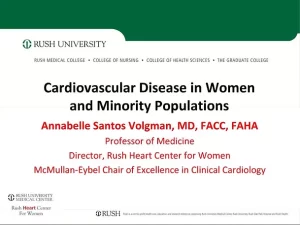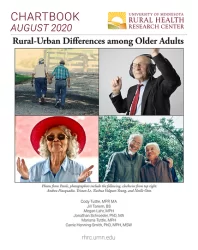Federal Resources
The Health Resources and Services Administration webpage provides information on many areas affecting rural health including workforce, health centers, and funding opportunities.
This portal allows grantees to request technical assistance, find nearby grantees or grantees with a similar focus and access a repository of resources tailored to support RCORP Grantees.
01
These workforce resources are federal resources, many of which are particularly suited to rural health care and health facilities. These resources provide information on retention, recruitment, and hiring of professionals related to substance and mental health.
Workforce Resources
02
Resources
These strategy selection resources are federal resources detailing information on selection evidenced-based strategies for tackling different types of revention, treatment, and recovery-related problems. Guidance includes information from SAMHSA, CDC, and EMS sources.
Strategy Selection Resources
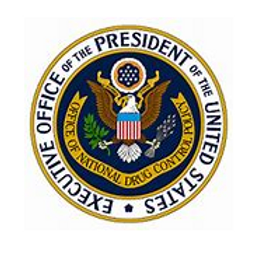
Webinar March 10, 2020
2:00 – 3:00 pm Eastern Time
Register: https://ems9.intellor.com/?do=register&t=1&p=901264 Valued Health Care Professions’ Leaders and Practitioners: Please join ONDCP Director Carroll and HHS Assistant Secretary for Health Admiral Brett Giroir with our Nation’s Addiction Physician Leaders in this informative Webinar!
2:00 – 3:00 pm Eastern Time
Register: https://ems9.intellor.com/?do=register&t=1&p=901264 Valued Health Care Professions’ Leaders and Practitioners: Please join ONDCP Director Carroll and HHS Assistant Secretary for Health Admiral Brett Giroir with our Nation’s Addiction Physician Leaders in this informative Webinar!

According to data released by the CDC, in 2018, there were 67,367 drug overdose deaths in the United States, a 4.1% decline from 2017 (70,237 deaths). From 2012 through 2018, the rate of drug overdose deaths involving cocaine more than tripled (from 1.4 to 4.5) and the rate for deaths involving psychostimulants with abuse potential (drugs such as methamphetamine) increased nearly 5-fold (from 0.8 to 3.9).

The purpose of the Guide is to arm rural leaders with information they can put into immediate action to create change. It provides background information, recommended action steps, and promising practices to help manage the impact of substance use disorder on local communities and help persons with the disease of addiction. The topics are based on lessons learned from Department of Agriculture rural roundtable discussions held in over a dozen states, as well as the experiences of several rural stakeholder partners.
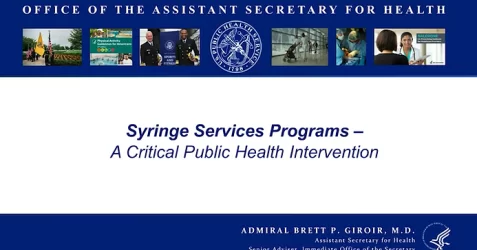
The Substance Abuse and Mental Health Services Administration’s (SAMHSA) Treatment Improvement Protocol (TIP) series contributes to SAMHSA’s mission by providing science-based, best-practice guidance to the behavioral health field. The TIP series contributes to SAMHA’s work by disseminating evidence-based practices and providing training and technical assistance to healthcare practitioners on implementation of these best practices. This TIP centers on motivation for change which is a key component in addressing substance misuse and presents motivation as a dynamic process, not a static client trait.
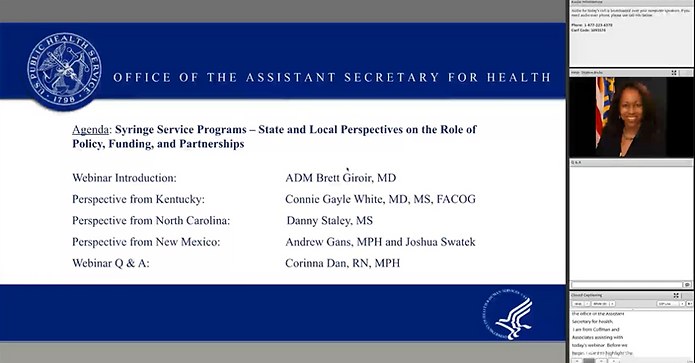
This September 2019 webinar from the U.S. Department of Health and Human Services is the second in a series. This webinar features examples from state government showcasing effective implementation of syringe services programs (SSPs) through policy and practice. Presenters highlight experiences in gaining statewide support and community buy-in, crafting policy and bringing it to practice, and building strong partnerships with local communities to support SSP growth.
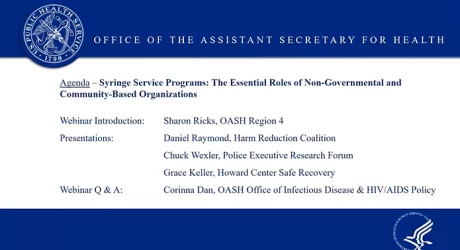
This November 21, 2019 webinar was the last session in a three-part series focused on SSPs, an important community-based prevention program that can save lives, combat the nation’s opioid crisis, reduce the transmission of HIV and Hepatitis C and support individuals in accessing substance (SUD)/opioid (OUD) use disorder treatment
For more information about HHS efforts to support SSPs in vulnerable communities, questions about SSPs, and to get connected wi0th HHS OASH federal, state, and local partners, reach out to the HHS OASH Regional Health Administrator for your region
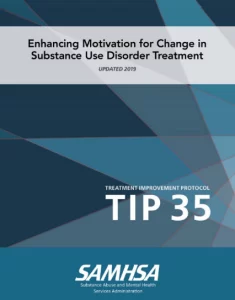
The Substance Abuse and Mental Health Services Administration’s (SAMHSA) Treatment Improvement Protocol (TIP) series contributes to SAMHSA’s mission by providing science-based, best-practice guidance to the behavioral health field. The TIP series contributes to SAMHA’s work by disseminating evidence-based practices and providing training and technical assistance to healthcare practitioners on implementation of these best practices. This TIP centers on motivation for change which is a key component in addressing substance misuse and presents motivation as a dynamic process, not a static client trait.
EMS plays the critical roles in responding to the opioid crisis by providing immediate care for overdose patients, leading innovations with community health programs and sharing data with partners such as public health and law enforcement.
Improving the Health and Well-Being of Rural Communities Through Collaboration

Introducing A Guide for Rural Healthcare Collaboration and Coordination, a new product from the HRSA Federal Office of Rural Health Policy. The Guide discusses how rural providers can work together to identify the health needs in their communities, create partnerships to address those needs, and develop a “community-minded” approach to health care. It illustrates through case studies how providers in two communities created networks and partnerships to improve the efficiency of care, optimize resources, and improve the lives of their residents. Finally, it includes links throughout and resources in the Appendix for readers to access up-to-date information on relevant policies and regulations not otherwise covered in the Guide.
The Health Resources and Services Administration’s (HRSA) Federal Office of Rural Health Policy (FORHP) created a new web page with information on upcoming RCORP funding opportunities, current grant recipients, and the program’s impact to date. RCORP currently includes grants for planning, implementation, and medication-assisted treatment expansion for rural communities and consortia, as well as cooperative agreements for technical assistance, evaluation, and three Rural Centers of Excellence on Substance Use Disorders.
ORO’s Website
The Office of Regional Operations (ORO) is an organization within HRSA. It includes 10 regional offices, one sub-regional office in Puerto Rico, and its headquarters in Rockville, Maryland. ORO conducts grant writing workshops, topical workshops for tribal and rural populations, etc. The website is a good source for upcoming events and trainings from the monthly Environmental Snapshots.
ORO’s Archived Webinars
The ORO website, there are webinars archived starting in 2015 for Physicians, Physician assistants, Nurse practitioners, Nurse midwives, Nurses, Counselors, Social workers, Case managers, Educators, Administrators and other staff. Topics include Medication Assisted Treatment, Neonatal Abstinence Syndrome, and Opioid Prescribing.
Rural populations are older, on average, than urban populations, and the proportion of older adults is increasing more quickly in rural communities due to declining birth rates and migration patterns among younger adults. Additionally, the demographics of rural areas are changing, as immigration and socioeconomic forces influence who lives in rural areas. These trends demand that policymakers, researchers, service providers, and healthcare workers regularly update their understanding of the characteristics of older adults in rural communities in order to improve how they serve these populations and to allocate resources more effectively and efficiently. Toward that end, this chartbook presents the characteristics of older adults in rural counties, as well as rural-urban differences among older adults, across four domains: demographics, socioeconomic characteristics, healthcare access, and use, and health characteristics.









